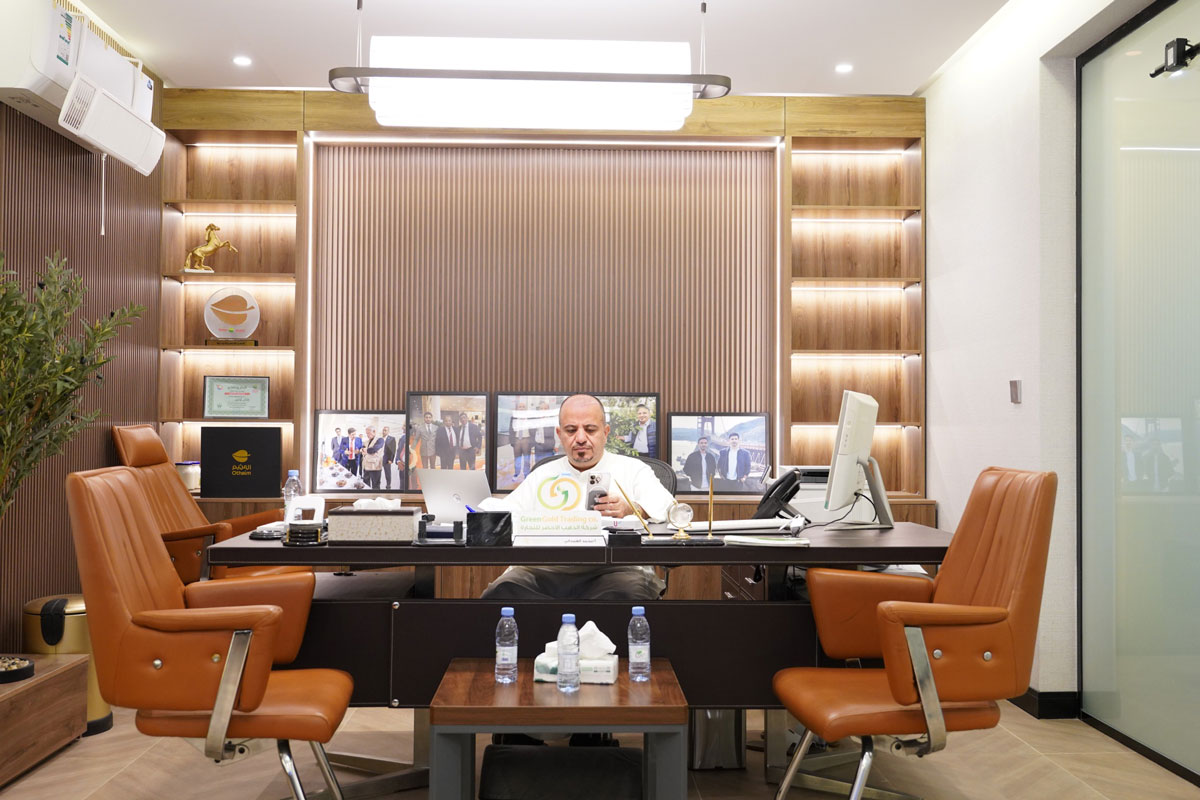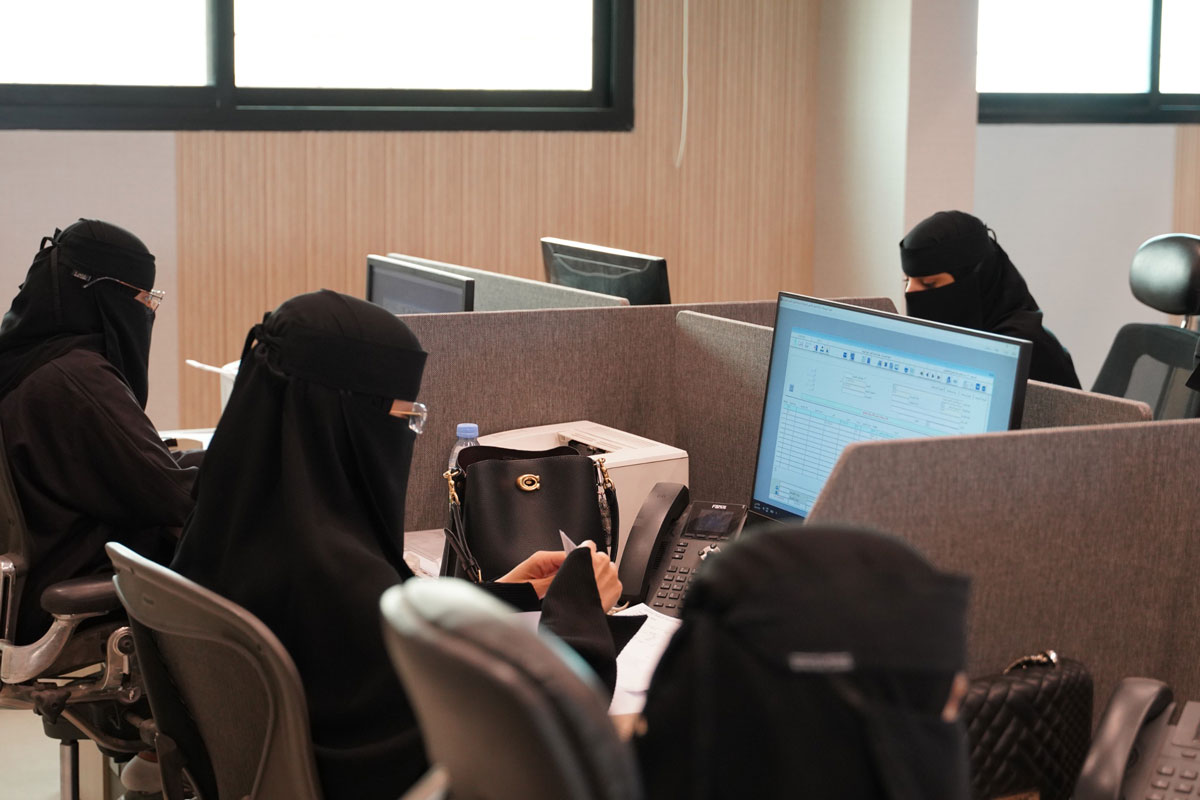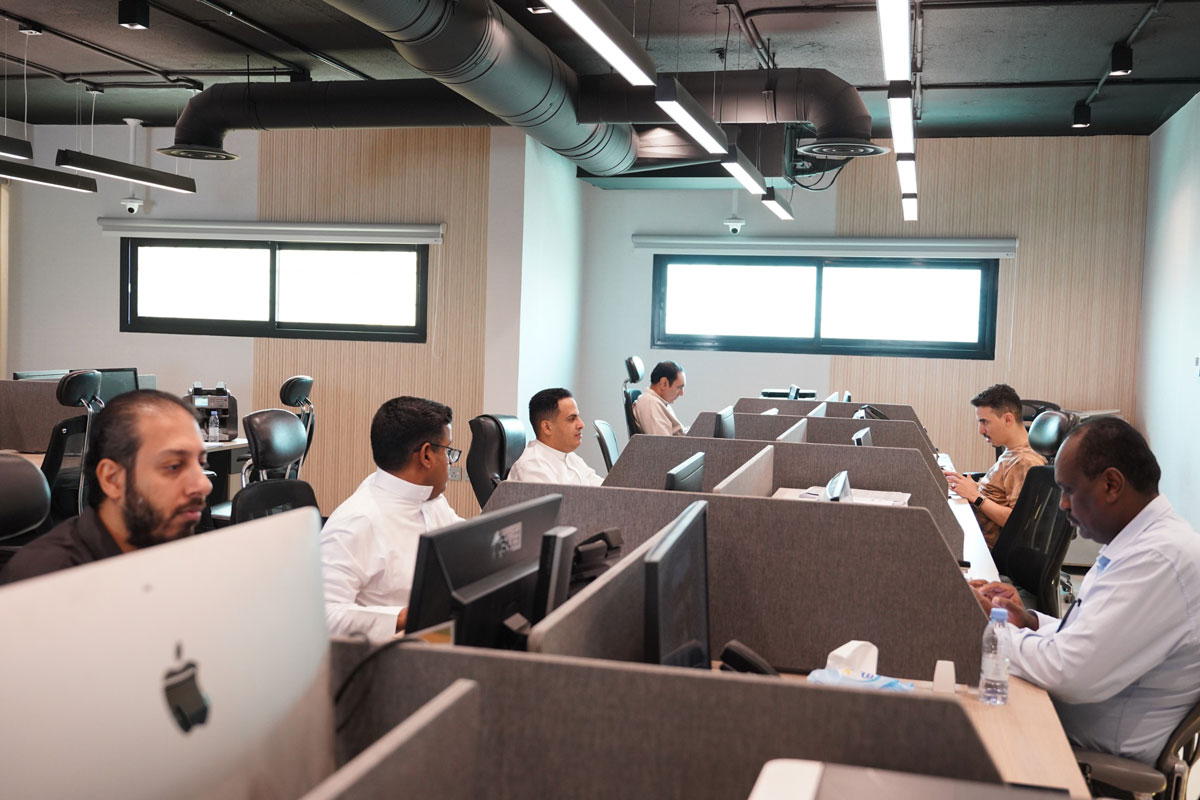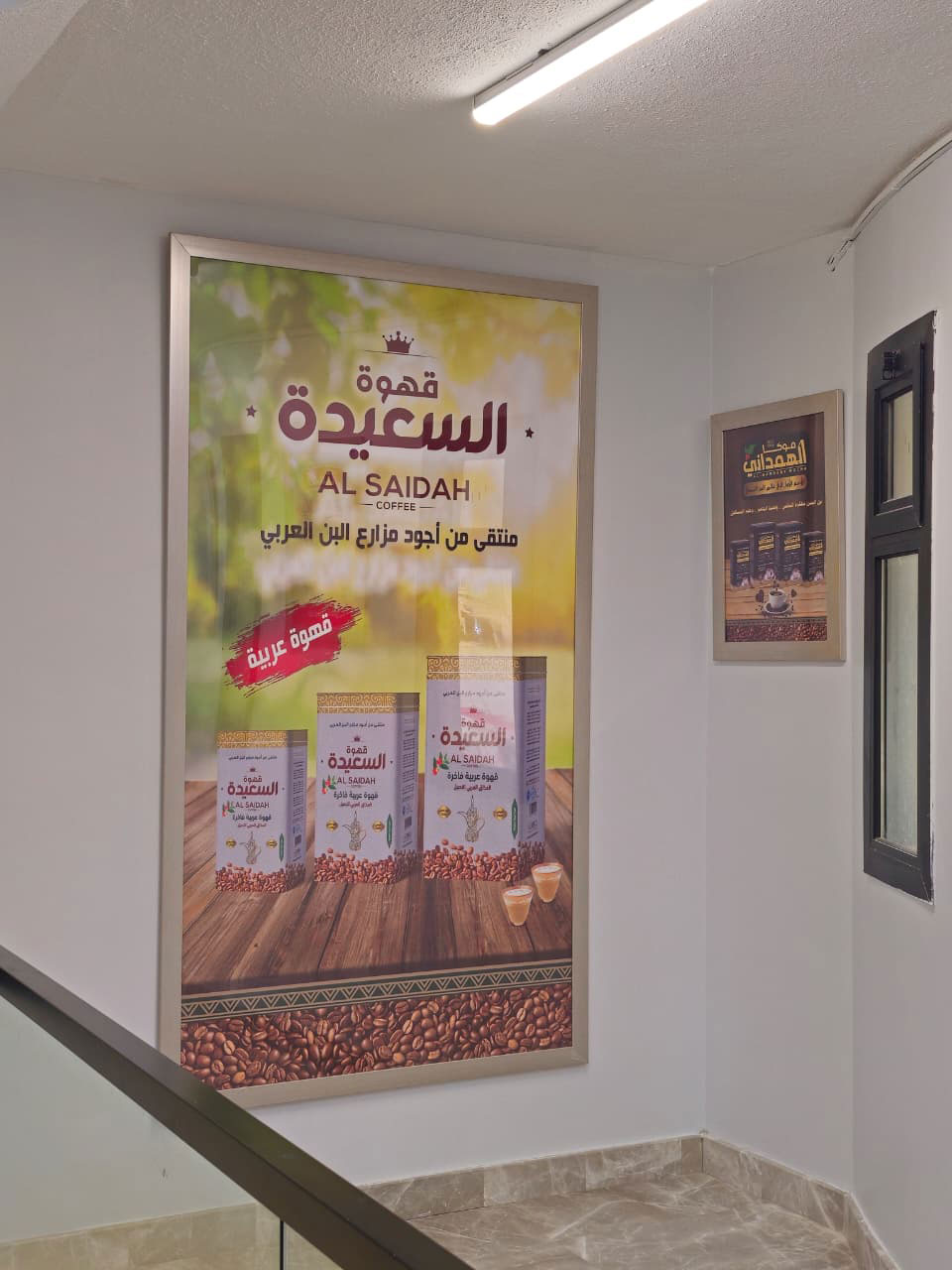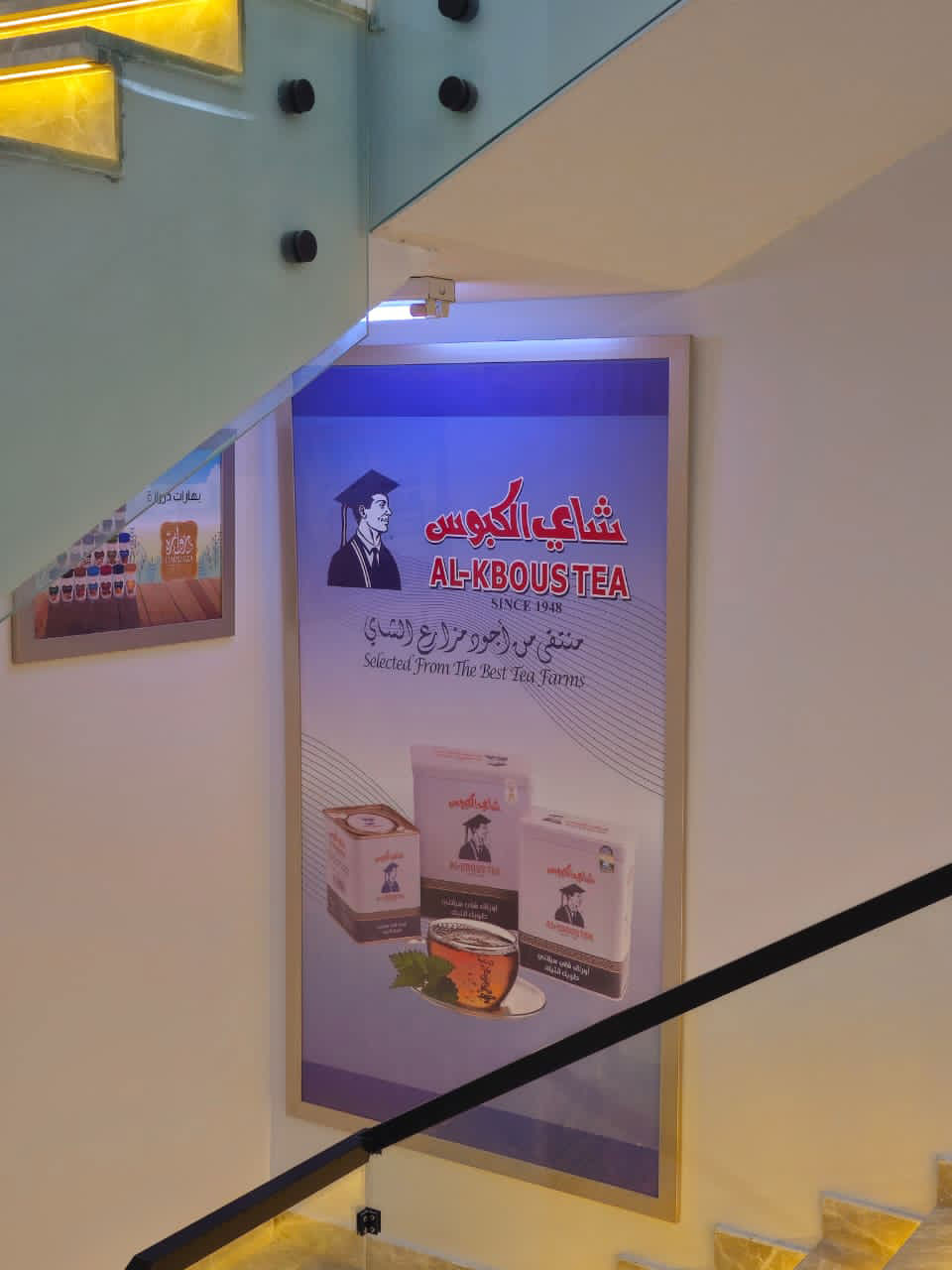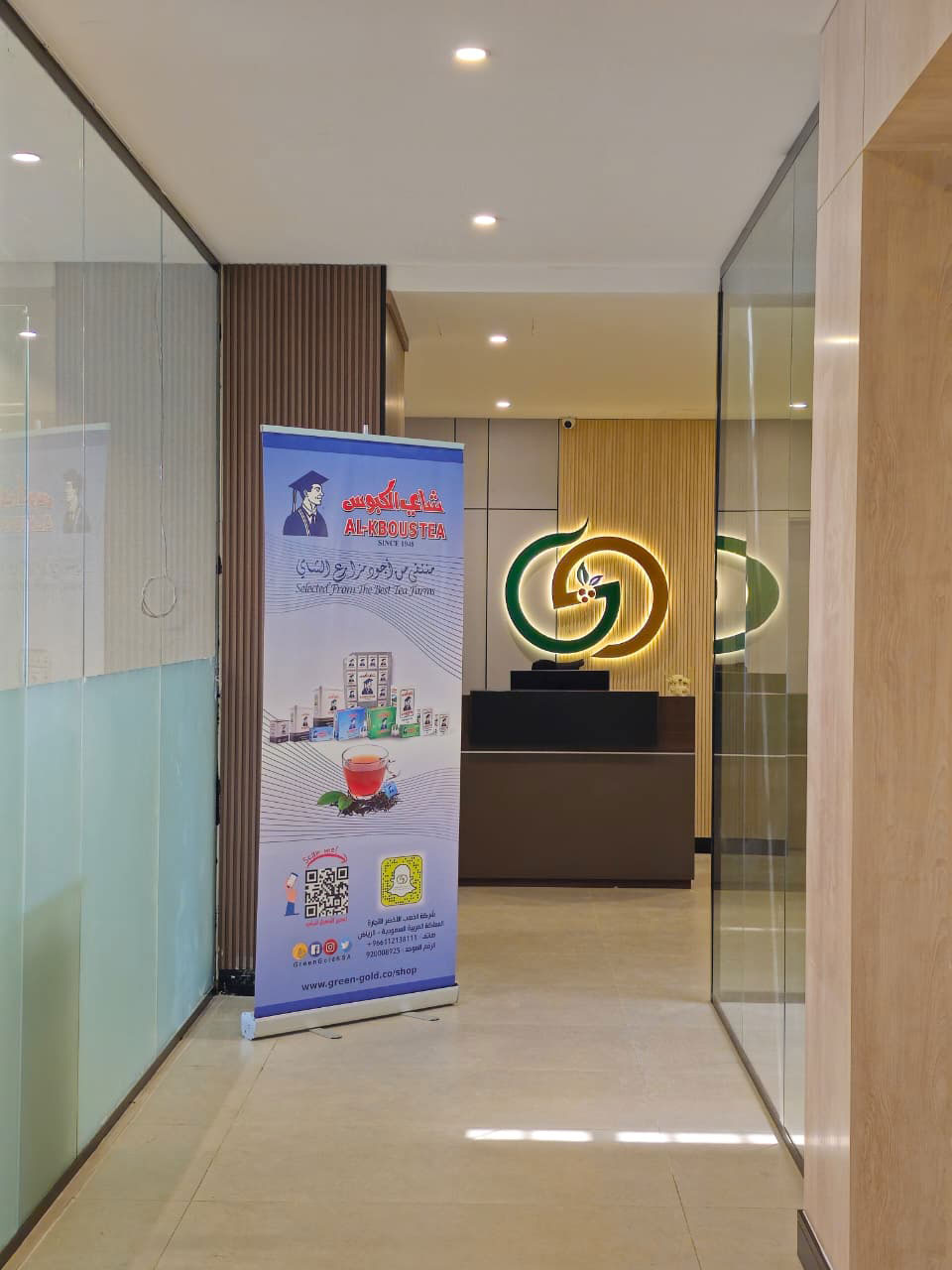ABOUT US
Establishment
We are proud to present ourselves as a leading and the oldest producer and exporter of authentic Yemeni “Mocha” coffee, with a rich history dating back to 1918. We possess decades of expertise, documented by manuscripts and historical records over 120 years old.
Our ancestors began their journey by establishing a center for purchasing and collecting the finest coffee beans from farmers in the Bou’an market in the Bani Matar region, located 30 kilometers west of the capital, Sana’a. This region serves as a meeting point for coffee farmers from various areas such as Bani Matar, Al-Hayma, Haraz, and Anis, who regularly bring their products to market.
We take pride in owning vast coffee plantations in Bani Matar, enabling us to offer premium Yemeni coffee that carries the authentic taste of Yemeni traditions.
Overview of Our Company
Expansion and Outreach
1918
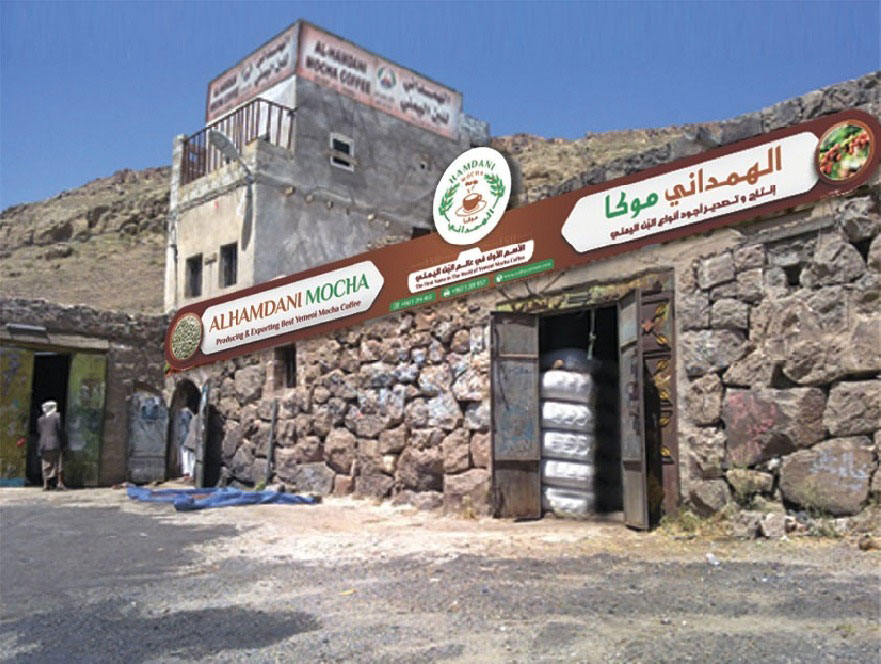
1990The First Main Headquarters
The first main headquarters of Al-Hamdani Mocha Company was established in the capital, Sana’a, aiming to bridge the gap between local customers and coffee farmers from various Yemeni regions, such as Al-Yafi’i, Al-Adini, Al-Hawari, and Al-Hammadi farmers. This initiative strengthens direct relationships with producers and supports the local agricultural sector.
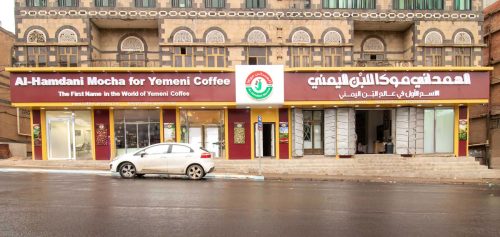
2000Administrative Building
In line with the company’s vision for development and international expansion, an expanded administrative building was inaugurated. This modern facility enhanced communication with customers outside Yemen in numerous European countries, the United States, and Gulf Cooperation Council (GCC) countries, facilitating better coordination between administrative and field operations.
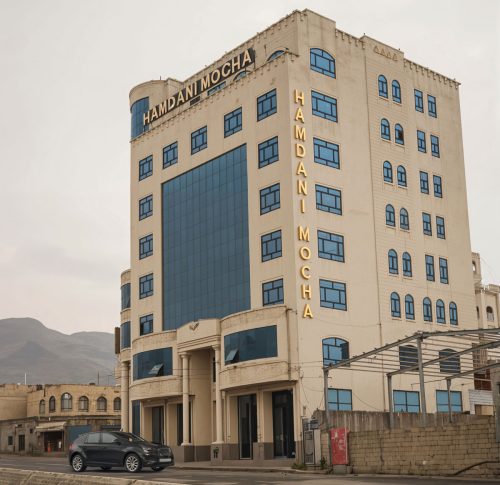
2003International Expansion
As part of its strategy for regional and international expansion, the company established several branches in GCC countries:
- Saudi Arabia: 10 branches.
- Dubai, United Arab Emirates.
- Qatar and Kuwait.
- USA Branch
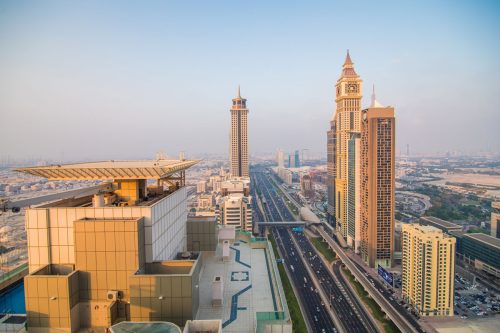
Additionally, the company launched a modern European production line for processing and sorting coffee beans, utilizing advanced technologies that comply with global coffee standards. This has enhanced product quality and increased competitiveness in international markets.
These steps reflect the company’s commitment to sustainable growth and development to support Yemeni products and elevate their competitiveness in global markets.

Overview of Our Company
Focus on Yemeni Coffee
The focus on Yemeni coffee is an integral part of the country’s cultural and economic identity. Al-Hamdani Mocha Company exemplifies excellence in this field. Its dedication to producing and exporting Yemeni coffee reflects its commitment to preserving the quality of this historic product and promoting it globally.
The successful establishment of a model farm in Sana’a Governorate, spanning 8,000 square meters, demonstrates a commitment to sustainable local development. Furthermore, the study to establish a larger farm exceeding 65,000 square meters in the Haraz and Al-Hayma region reinforces the company’s vision to expand production and enhance its impact in international markets.
Such projects contribute to enhancing the reputation of Yemeni coffee, supporting the national economy, creating new job opportunities, and preserving traditional coffee cultivation practices.
Overview of Our Company
Focus on Yemeni Coffee
The meticulous and integrated efforts of Al-Hamdani Mocha Company underscore its vital role in elevating the global standing of Yemeni coffee. These exemplary projects highlight the private sector’s role in supporting Yemen’s agricultural heritage, particularly amidst the economic challenges facing the country.
Yemeni coffee, with its storied history and unique quality, is a symbol of culture and heritage. The company’s investments in large-scale coffee cultivation reflect a strategic vision to increase productivity while maintaining the quality for which this product is renowned, thereby boosting the confidence of global customers.
Beyond its economic impact, the establishment of model farms contributes to advancing agricultural practices, encouraging innovation and sustainability, and reinforcing Yemen’s position as a source of premium coffee. These efforts not only preserve traditional agriculture but also present a successful model for integrating heritage and innovation to build the local economy.



